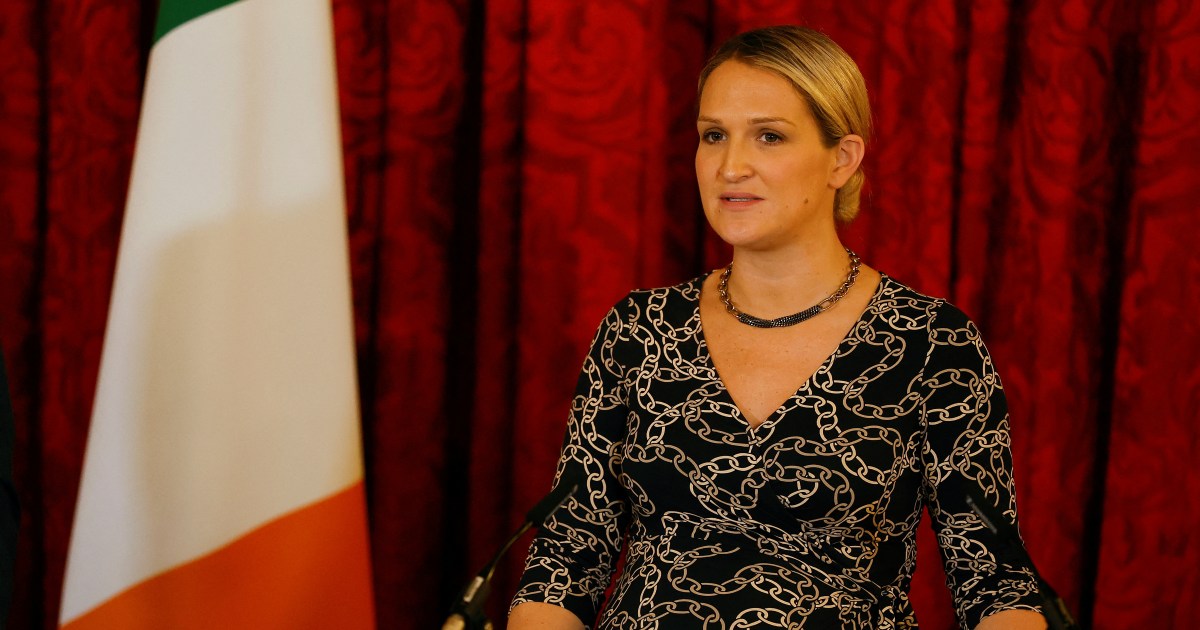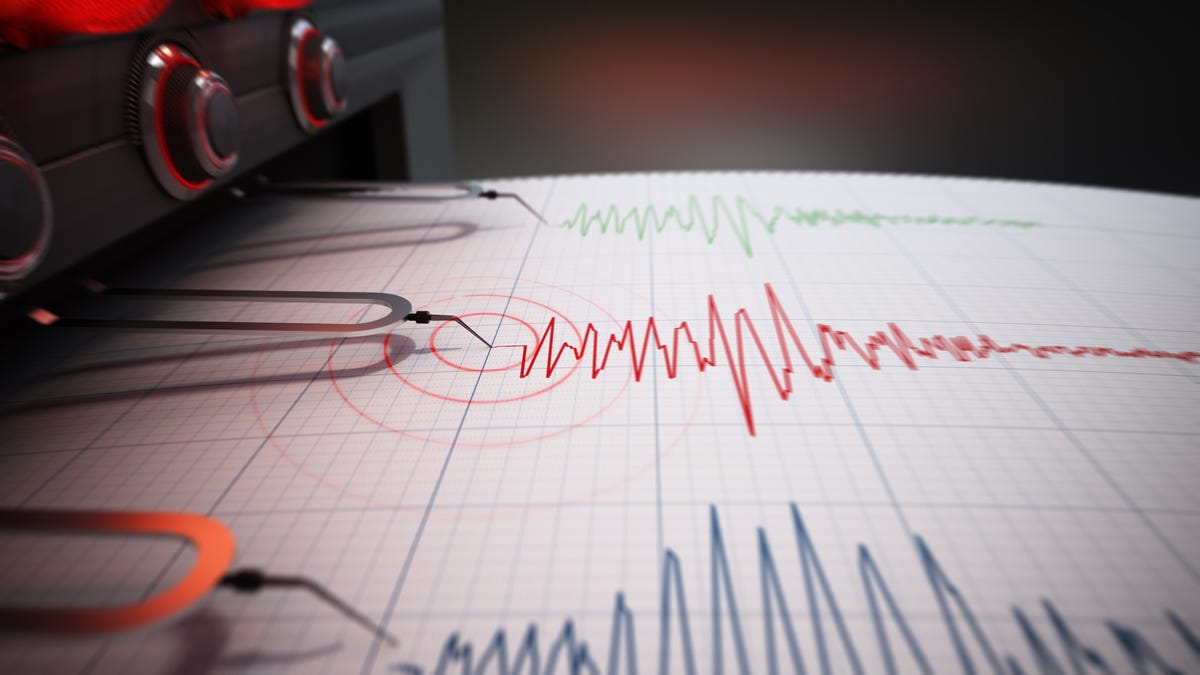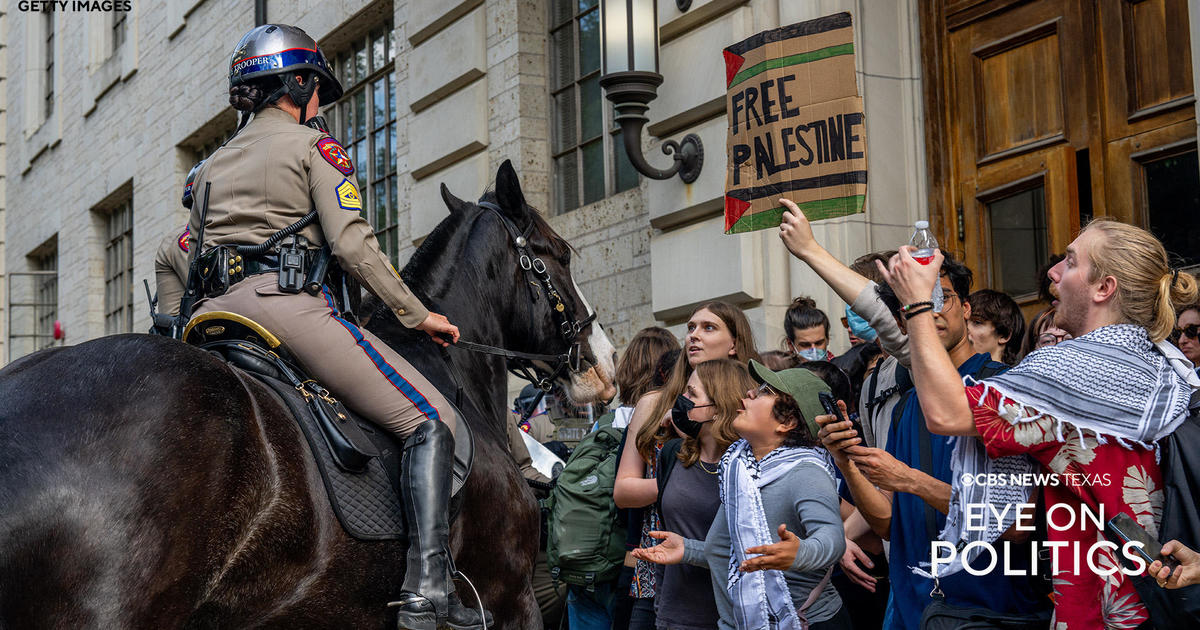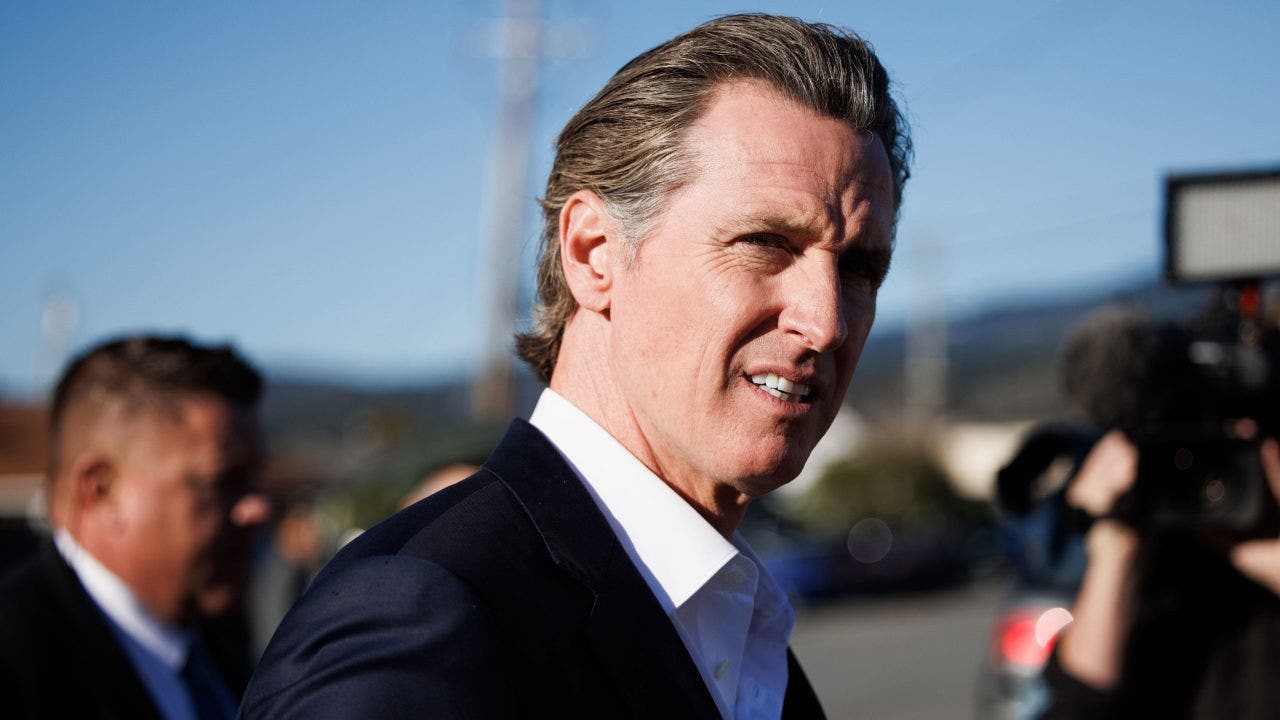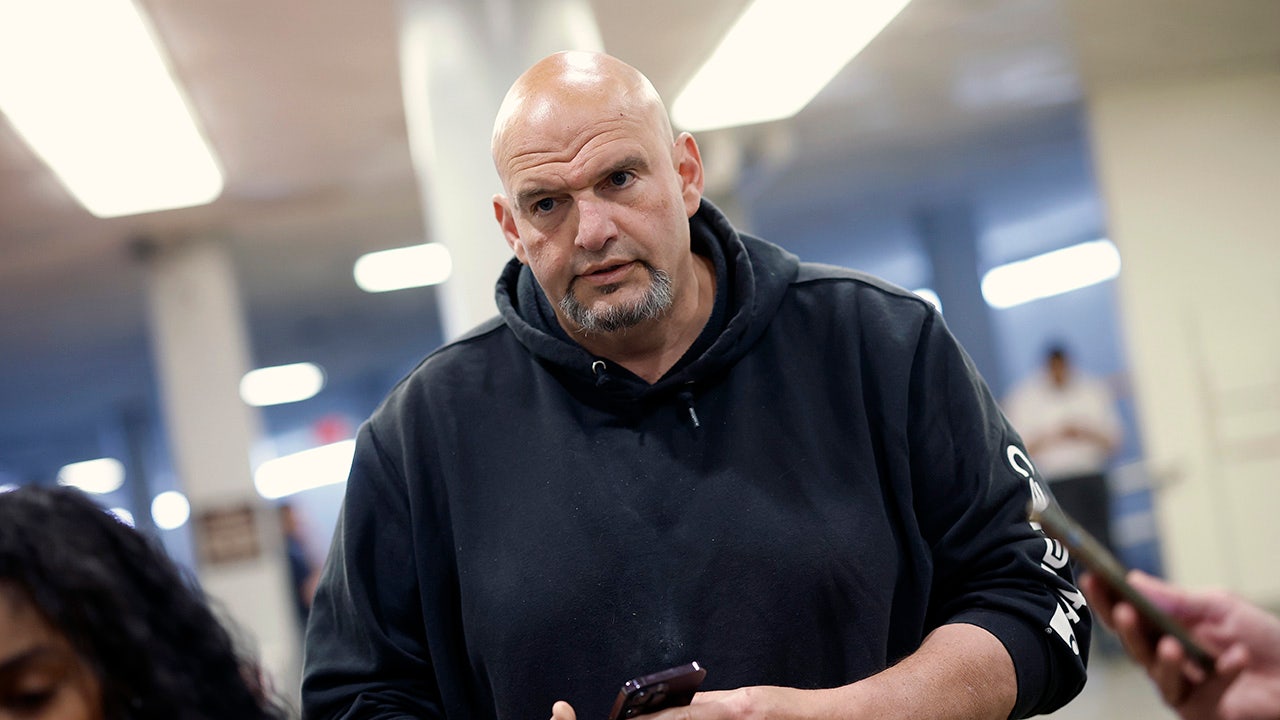World
Trump's legal debts top a half-billion dollars. Will he have to pay?
NEW YORK (AP) — Donald Trump’s legal debts might now exceed a half-billion dollars.
A New York judge ordered Trump and his companies Friday to pay $355 million in fines, plus interest, after ruling that he had manipulated his net worth in financial statements.
The stiff penalty comes just weeks after Trump was ordered to pay $83.3 million to the writer E. Jean Carroll for damaging her reputation after she accused him of sexual assault. A separate jury last year awarded Carroll $5 million from Trump for sexual abuse and defamation.
Add interest payments on top of that and the judgments could deal a staggering blow to the personal fortune that remains core to Trump’s political appeal. He has adamantly denied wrongdoing and pledged to appeal, a process that could take months or even years.
In the meantime, here’s what we know about what Trump owes, whether he’ll have to pay up, and what comes next:
How much money does Trump owe now?
The verdict in the civil fraud trial requires Trump to pay interest on some of the deal profits he has been ordered to give up. New York Attorney General Letitia James, who brought the case, said the interest payments totaled $99 million and would “continue to increase every single day until it is paid.”
Between Friday’s ruling and the two judgments in Carroll’s case, Trump would be on the hook for about $542 million in legal judgments.
Trump owes another $110,000 for refusing to comply with a subpoena in the civil fraud case and $15,000 for repeatedly disparaging the judge’s law clerk in violation of a gag order. As part of Friday’s ruling, the judge also ordered both of Trump’s sons to pay $4 million apiece.
Trump’s court-ordered debts don’t end there. Last month, he was ordered to pay nearly $400,000 in legal fees to The New York Times after suing the newspaper unsuccessfully. He is currently appealing a judgment of $938,000 against him and his attorney for filing what a judge described as a “frivolous” lawsuit against Hillary Clinton.
Can he get any of these judgments reduced?
It’s not uncommon for the size of judgments, particularly high-dollar amounts, to be reduced on appeals.
The appeal in Trump’s civil fraud case will go before an intermediate-level court first. If it returns an unfavorable ruling, Trump could try to get the case taken up by New York’s top appellate court, though legal experts say that is unlikely.
How quickly does Trump have to pay?
Trump has already deposited $5 million owed to Carroll for the first defamation case into a court-controlled account, along with an additional $500,000 in interest required by New York law. Carroll will not have access to the funds until the appeals process plays out.
He may soon be forced to do the same for the $83.3 million judgment in the second Carroll verdict. Alternatively, he could secure a bond and pay only a portion up front — though that option would come with interest and fees and likely require some form of collateral. Trump would have to find a financial institution willing to front him the money.
In the civil fraud case, it will be up to the courts to decide how much Trump must put up as he mounts his appeal. And he may be required to pay the full sum immediately after the appellate court rules, which could come as soon as this summer, according to University of Michigan law professor Will Thomas.
“New York’s judicial system has shown a willingness to move quickly on some of these Trump issues,” Thomas said. “When we hear from the first appellate court, that’s a point where money is almost certainly going to change hands.”
Can Trump afford to pay?
Trump has claimed he’s worth over $10 billion. Most estimates, including an assessment by the New York attorney general, put that figure closer to $2 billion.
In his 2021 statement of financial condition, Trump said he had just under $300 million in “cash and cash equivalents.” He has since made a number of sales, including his New York golf course and his Washington, D.C., hotel, and may also soon get a windfall when his social media company, Truth Social, goes public.
But even with those income streams, it’s unclear whether Trump and his family members have enough cash on hand to pay all the money they now owe.
Could he use campaign contributions — or PAC money — to pay?
Federal election law prohibits the use of campaign funds for personal use. But the rules are far murkier when it comes to tapping political action committees — or PACs — for a candidate’s expenses.
Over the last two years, Trump’s Save America political action committee, his presidential campaign and his other fundraising organizations have devoted $76.7 million to legal fees. Campaign finance experts expect Trump will try to spend PAC money to defray the cost of his judgments in some way.
“The likelihood of the Federal Election Commission in its current configuration pursuing these violations is not terribly great,” said Daniel Weiner, director of the Brennan Center’s Elections and Government Program.
Can he or his businesses declare bankruptcy?
Under the judge’s ruling Friday, Trump would still be liable to pay even if the Trump Organization declares bankruptcy. If Trump personally declared bankruptcy, the enforcement of the judgment against him would be paused. But political commenters say such a drastic step is unlikely.
Despite the fact that several of his previous companies have gone bankrupt, Trump has repeatedly bragged about the fact that he has never, personally, declared bankruptcy.
What if Trump simply refuses to pay the money?
Legally, Trump would face the same consequences as any American refusing to pay a legal judgment, including the possibility of having his assets seized and his wages garnished.
“The president is not a king and the president’s assets are not sacrosanct just because he happened to be the president,” Weiner said.
On Friday, the judge overseeing Trump’s civil fraud case appointed an additional monitor to oversee the Trump Organization’s finances, finding they could not be trusted to follow the law. In the event that Trump refused to hand over payments, the courts would have additional discretion to go after Trump and his businesses.
“They have a huge amount of power particularly for someone like Trump who has physical assets inside the state,” Thomas, the law professor, said. “The court might say we’re going to freeze your bank account. Or even worse, they could say, ’We’re seizing Trump Tower and we’re putting it up for sale.’”

World
Hannah Green wins LPGA Tour’s JM Eagle LA Championship for 2nd straight year
LOS ANGELES (AP) — Hannah Green won LPGA Tour’s JM Eagle LA Championship for the second straight year Sunday, holing out twice from off the greens in a pivotal back-nine stretch at challenging Wilshire Country Club.
A year after making a 25-foot birdie on the final hole of regulation and winning on the second hole of a playoff, Green — with help from Maja Stark — took the late drama out of this one for her fifth LPGA Tour victory and second of the year.
“It’s really kind to me,” Green said about the course. “I felt like a couple times today almost got like a member bounce. I, obviously, really am fond of the golf club and joked that they didn’t approve it with me that they were making alterations. I love it here.”
Green closed with a 5-under 66 to beat Stark by three strokes. The 27-year-old Australian, also the winner early last month in Singapore, finished at 12-under 272 on the tree-lined layout with poa annua greens that become bumpy late in the day.
Green began the key run with a chip-in birdie on the par-3 12th and made a 6-foot birdie putt on the par-5 13th. Then, after Stark bogeyed the par-4 16th two groups ahead, Green ran in a 25-footer for eagle from the fringe on 15 to open a four-stroke lead, and made it 5 under in five holes with a birdie on 16.
“When I chipped in on 12 I kind of felt like I really snagged one there,” Green said. “I really like the 13th hole and also played the 15th really well. When I made eagle on 15 that kind of sealed the deal. I did see Maja got it to 9 under so I know what I needed to do. Usually, I make it really tricky on myself and only win by a shot.”
Stark finished with a 68, rebounding from the bogey on 16 to birdie the final two holes. The 24-year-old Swede also finished second last week outside Houston in The Chevron Championship, two strokes behind top-ranked Nelly Korda in the first major of the year.
“I’m really proud of the way I’ve played,” Stark said. “I feel like I’ve hit a lot of good shots and I feel like my nerves kind of took over for a little while, but I was always able to get back to the normal — my normal state of mind.”
Haeran Ryu (69) was third at 6 under, followed by fellow South Korean players Jin Young Ko (67) and Jin Hee Im (72) at 5 under.
Grace Kim, four strokes ahead entering weekend after opening rounds of 64 and 66 and tied with Green for the lead after a third-round 76, finished with a 77 to tie for 25th at 1 under. She failed to make a birdie the final two days.
Korda withdrew from the Los Angeles event Monday, a day after her record-tying fifth straight victory.
___
AP golf: https://apnews.com/hub/golf
World
Protesters in Germany call for Islamic fundamentalism: 'Caliphate is the solution'
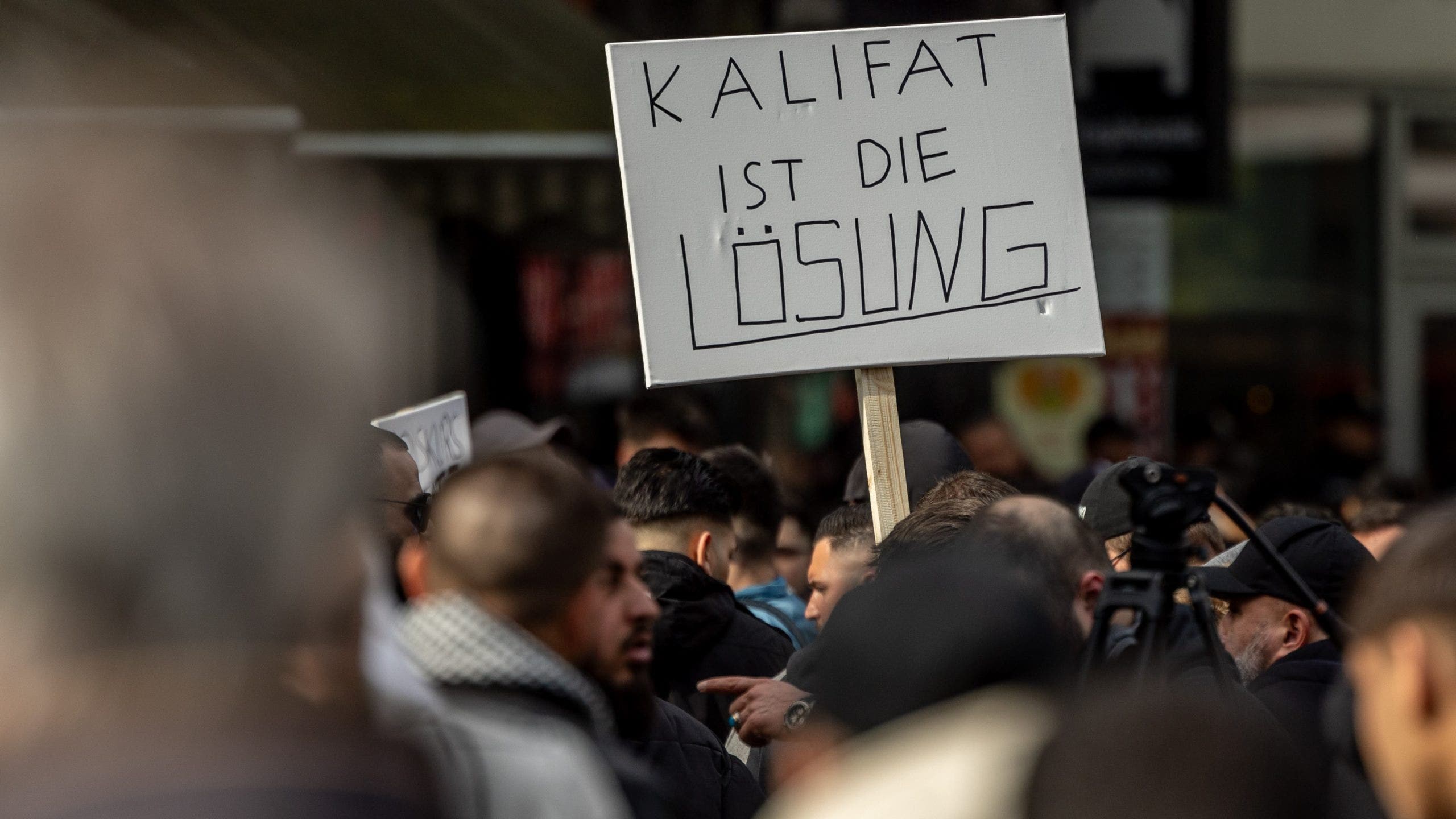
More than 1,000 protesters gathered in Hamburg, Germany to take part in an Islamist demonstration over the weekend, German media reported.
According to German newspaper Die Welt, the demonstration took place in the Steindamm neighborhood of Hamburg on Saturday afternoon.
Muslim protesters carried a variety of signs in support of Islamic fundamentalism. One of the signs read “Kalifat ist die Lösung,” which translates to, “Caliphate is the solution.”
The protesters also yelled “Allahu Akbar,” meaning “God is great,” in Arabic. Hamburg police told Die Welt that there were roughly 1,100 participants.
ANTI-ISRAEL AGITATORS FLOOD DC STREETS, TAKE AIM AT WHITE HOUSE CORRESPONDENTS’ DINNER: ‘SHAME ON YOU!’
Participants in an Islamist demonstration hold up a poster with the slogan “Caliphate is the solution.” (Axel Heimken/picture alliance via Getty Images)
The protest was reportedly organized by a group called Muslim Interaktiv. According to the organization’s social media, the protest was meant to stand against the “demoniz[ation of] all Islamic life in Germany.”
“We will raise our voices together, inshallah,” a translated post on X read. “Together against Islamophobic reporting, both in recent weeks and in recent months.”
The Hamburg protests came as anti-Israel protests have intensified across the world, while the Israel-Hamas war inches towards its eighth month. In the U.S., protesters at Columbia University, Harvard University, University of Texas at Austin and other schools have set up tents on their universities’ quads as a sign of solidarity with Palestinians.
ANTI-ISRAEL AGITATORS CONTINUE NATIONWIDE DISRUPTIONS WITH ESCALATIONS AT USC, HARVARD AND COLUMBIA
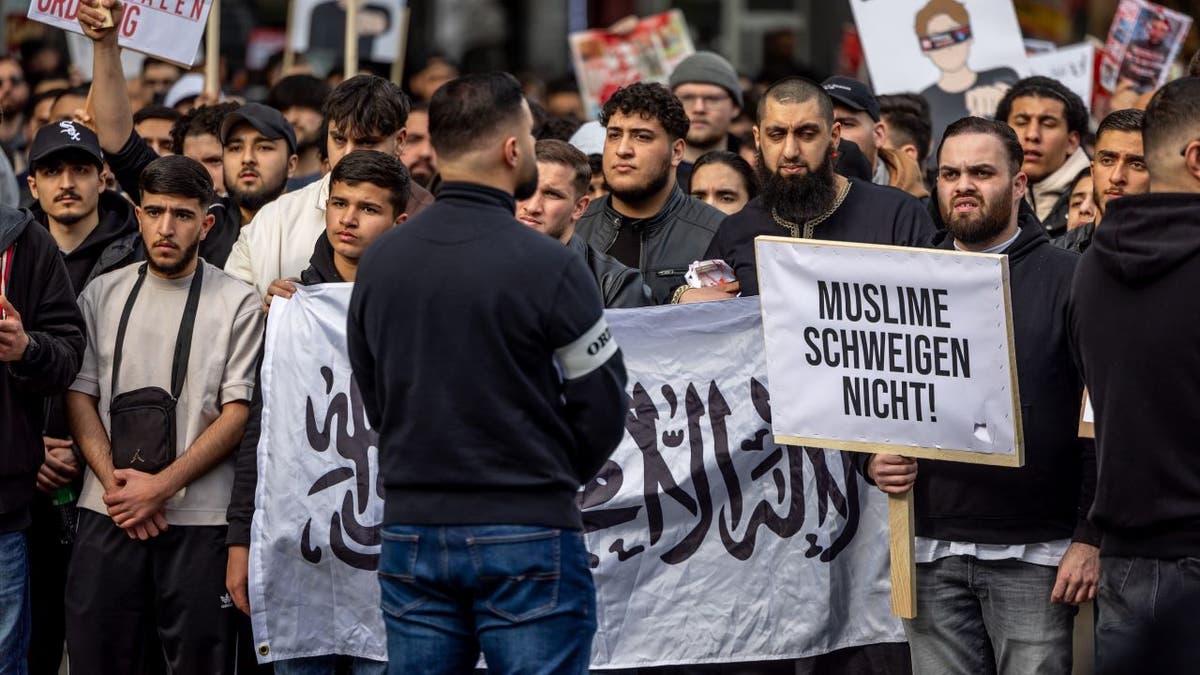
Participants at an Islamist demonstration hold up a poster with the slogan “Andersdenken? Not in Germany” in the air. (Axel Heimken/picture alliance via Getty Images)
The war began on October 7, when Hamas terrorists attacked Israel on the Jewish holiday of Simchat Torah. Around 1,200 Israeli civilians were killed, igniting a fierce response from the Israel Defense Forces (IDF).
Israel’s military response has been criticized by anti-war groups for exacerbating a humanitarian crisis in Gaza, which IDF supporters have blamed on Hamas. In December, police in Berlin banned a pro-Palestinian rally planned for New Year’s Eve out of fear of potential chaos and crimes.
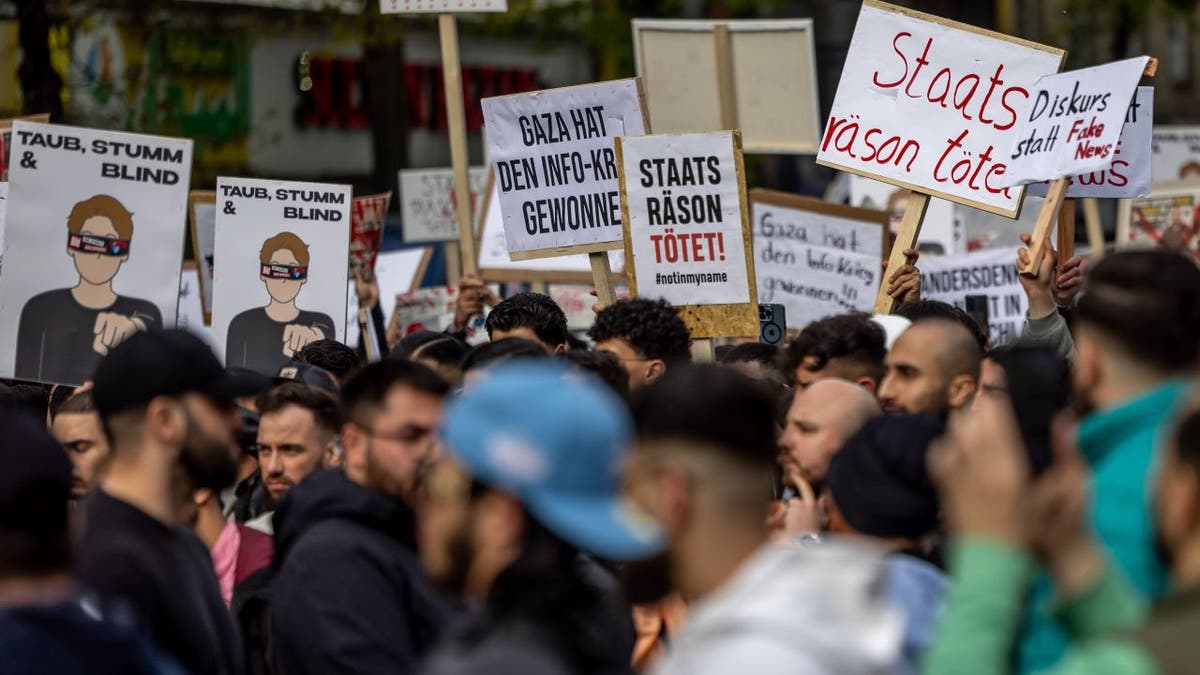
Participants in an Islamist demonstration hold up posters. (Axel Heimken/picture alliance via Getty Images)
“The situation is emotional,” Berlin police chief Barbara Slowik said at the time. “An influx of troublemakers is to be expected who could use the meeting to commit crimes. No meeting leader could keep such a development under control. That’s why the police banned the demonstration.”
Fox News Digital’s Anders Hagstrom contributed to this report.
World
European countries grapple with internal politics over nuclear energy
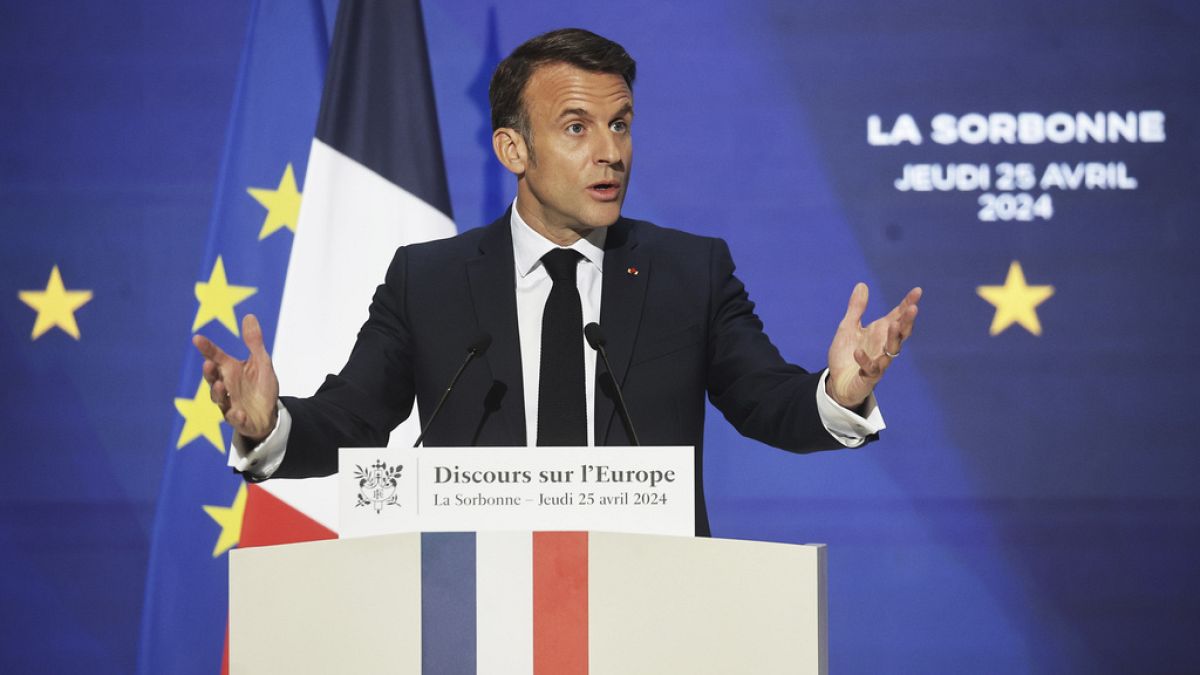
Emmanuel Macron has championed the revival of France’s nuclear program as a central focus of his second presidential term.
With the emphasis on job creation, green investments, and advancements in mini-reactors, the challenges accompanying this nuclear resurgence are manifold.
The President of the Republic had underscored this commitment during his re-election campaign in May 2022. Months earlier, during a visit to the Arabelle turbine manufacturing site in Belfort, Macron unveiled an ambitious nuclear program.
According to the President, this is the main solution to meet the burgeoning electricity demand driven by increased electrification, to achieve carbon neutrality by 2050, and sustain competitive electricity prices to support French businesses.
Macron has unabashedly hailed nuclear power as a “technology of the future”. France’s current fleet of electricity production reactors comprises 56 pressurised water reactors (PWR), classified as “generation II”, along with an EPR (European Pressurised Water Reactor) reactor presently under construction in Flamanville, Manche, designated as “generation III” .
In January, President Emmanuel Macron declared his intention to outline “the primary directions for the next 8” EPR reactors from the summer onwards, as part of the nuclear power revival, following the launch of six new EPR reactors, during a press conference.
Nuclear controversy in Germany
Whilst 65 to 70 percent of electricity in France is generated by nuclear, Germany’s figure was only 1.4 percent in 2023. It is indicative of a complicated relationship between Germany’s political parties and nuclear power.
Amid concerns over gas supplies following Russia’s invasion of Ukraine, three policy options were considered by the government: extending the use of existing nuclear fuel, purchasing new fuel elements, or reopening the recently shut-down plants. The Green Party strongly opposed restarting nuclear power stations.
The handling of Germany’s nuclear phase-out during the 2022 energy crisis has drawn scrutiny towards the country’s economic and environment ministries, both under Green Party leadership, for their approach to closing the last three nuclear power plants.
German Federal Minister for Economic Affairs and Climate Action, Robert Habeck, found himself redirected to the Bundestag’s energy committee to defend his controversial policy amid the energy crisis.
Despite internal discussions and assessments supporting the feasibility of extending the nuclear plants’ lifespans, a change in direction occurred within the environment ministry, citing “reasons of nuclear safety”.
Minister Habeck defended his ministry’s actions, emphasising the need to focus on replacing Russian natural gas rather than relying on nuclear energy for electricity.
The decision to extend the life of the last three nuclear power plants was eventually reached several months later, reflecting a compromise pushed by the liberal Free Democratic Party (FDP) .
The handling of this matter has faced criticism from Germany’s conservative opposition, who argue that the process lacked transparency and openness.
Spain’s ongoing debate
Spain’s energy strategy remains a subject of debate, with differing viewpoints on the role of nuclear and renewable energies in achieving sustainability and energy independence.
The Spanish government announced in December plans to phase out the country’s nuclear reactors, with the first plant shutdown scheduled for 2027.
The energy landscape is influenced by Russia’s strategic leveraging of its gas production capacity and the disruption caused by disputes such as the recent gas supply cut-off by Algeria to Morocco, affecting one of Spain’s gas supply routes.
Greenpeace Spain calls for an accelerated transition away from nuclear energy, critiquing Spain’s energy plan for not prioritising a rapid shift towards 100% renewable energy.
José Luis García, responsible for Greenpeace’s Climate Emergency program, challenges the classification of nuclear energy as ‘green’, emphasising the need to address broader environmental risks associated with nuclear power .
While France looks to bolster its energy security by embracing nuclear power alongside renewables, Spain remains steadfast in its commitment to achieve complete denuclearisation by 2035, as outlined in its Comprehensive National Energy and Climate Plan 2021-2030 (Pniec). Including two nuclear powerplants 100 kilometres from the Portuguese border.
Portugal’s phasing out nuclear, Italy phasing in
Over the past few years, Portugal has taken significant step towards dismantling its long-serving nuclear reactor, which had been instrumental in scientific research and education for over five decades.
Portugal has taken a firm stance against nuclear energy, with former Minister of Environment and Climate Action, João Pedro Matos Fernandes, highlighting its perceived shortcomings during the 26th United Nations climate conference (COP26) in Glasgow.
He emphasised that nuclear energy is deemed unsafe, unsustainable, and economically burdensome.
Italy’s nuclear history saw all four plants closed following a 1990 referendum. A subsequent attempt to reintroduce nuclear power was halted by a 2011 referendum.
Italy’s Chamber of Deputies has launched an inquiry into the role of nuclear energy in its energy transition. The country, the only G7 nation without operating nuclear power stations, shut down its last plant over 30 years ago.
The inquiry aims to explore nuclear energy’s potential contribution to Italy’s decarbonisation by 2030 and climate neutrality by 2050. It was supported by pro-nuclear members but faced abstention from others.
Minister of Environment in Italy, which is hosting the G7 meeting this year, said in a recent speech, “We have continued to work with important private companies both on the fission front, therefore on the new generation NUCLEAR with small reactors, and on the fusion front”
Last March, the Minister of Infrastructure and Transport and Deputy Prime Minister Salvini also said that a modern and industrialised country “cannot say no to nuclear energy.”
-

 Kentucky1 week ago
Kentucky1 week agoKentucky first lady visits Fort Knox schools in honor of Month of the Military Child
-

 World1 week ago
World1 week agoShipping firms plead for UN help amid escalating Middle East conflict
-

 Politics1 week ago
Politics1 week agoICE chief says this foreign adversary isn’t taking back its illegal immigrants
-

 News1 week ago
News1 week agoIs this fictitious civil war closer to reality than we think? : Consider This from NPR
-

 News1 week ago
News1 week agoThe San Francisco Zoo will receive a pair of pandas from China
-

 Politics1 week ago
Politics1 week ago'Nothing more backwards' than US funding Ukraine border security but not our own, conservatives say
-

 World1 week ago
World1 week agoTwo Mexican mayoral contenders found dead on same day
-

 Politics1 week ago
Politics1 week agoRepublican aims to break decades long Senate election losing streak in this blue state

